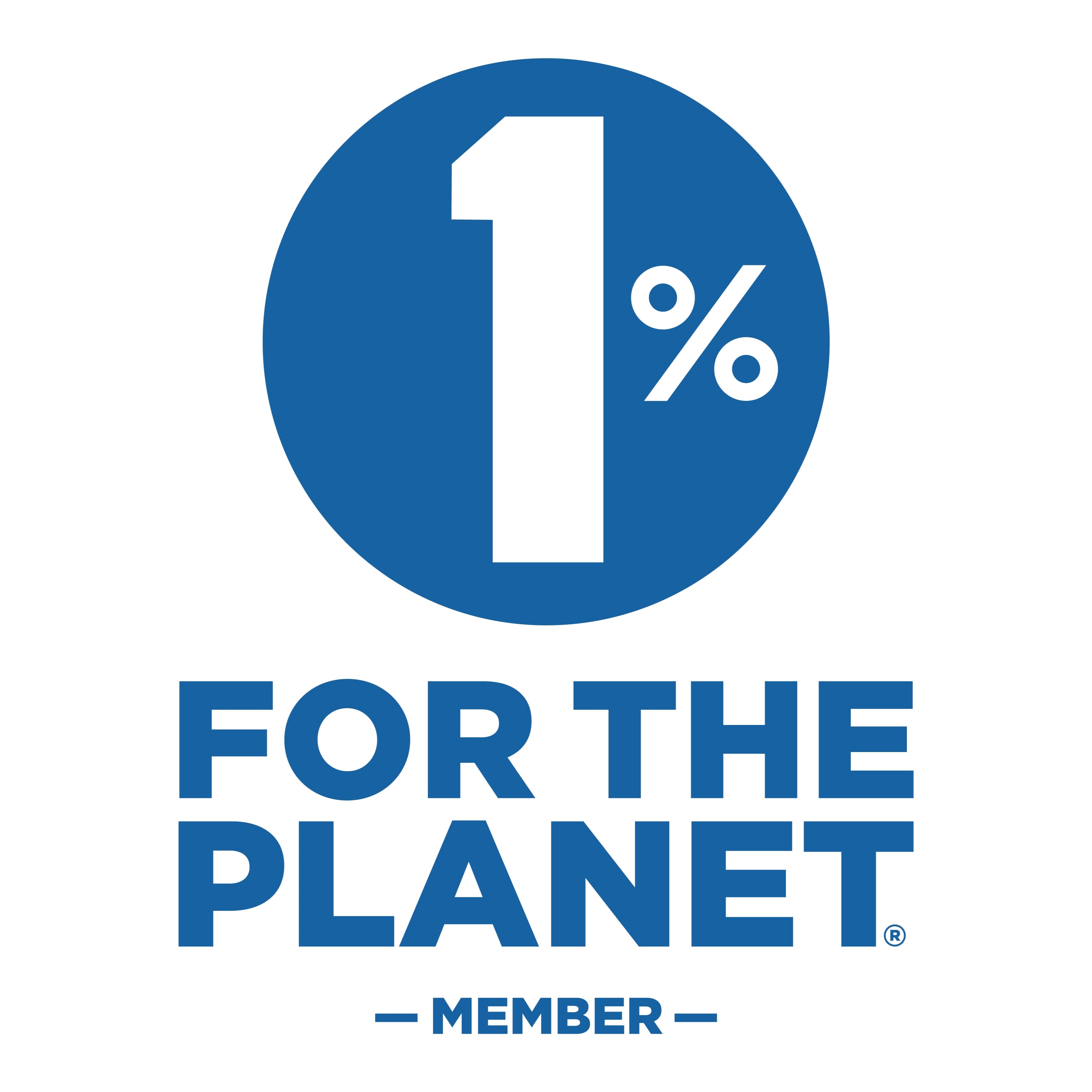The word ‘sustainable’ is being used by everyone, everywhere, when related to anything remotely eco-friendly.
But in reality it’s way more complicated than that.
Does its misuse mean that we are entering an era of Sustainability-Washing?
So what does sustainability mean?
At Ateliers Verts we like to think of sustainability in terms of growing potatoes!…Imagine you grow potatoes in a field next to your home..
The potatoes are hand sown, grown without fertiliser or pesticides and are not irrigated because there is adequate rainfall. The field is managed by you and after harvesting, the potato plant leaves and stalks are left to decay in the field, so the soil quality continues to improve. You allow the borders of the field to grow wild, encouraging insects and wildlife to thrive. You don’t need to add extra water to the field because the soil quality is so good that the moisture is maintained. When you harvest the crop by hand, you carry the potatoes to your home and at the appropriate time re-sow some of the potatoes to repeat the cycle. In the meantime you can feed the potatoes to your family and sell a few in the local market to raise funds to support your family.
..The potatoes are truly Sustainable.
Back in the day, the “Brundtland Commission” released its final report, Our Common Future. It famously defined “sustainable development” as:
“development that meets the needs of the present without compromising the ability of future generations to meet their own needs".
The Commission successfully unified environmentalism with social and economic concerns on the world’s development agenda and went on to say that "Sustainability is a holistic approach that considers ecological, social and economic dimensions, recognising that all must be considered together to find lasting prosperity".

Environmental Sustainability
Ecological integrity is maintained, all of earth’s environmental systems are kept in balance while natural resources within them are consumed by humans at a rate where they are able to replenish themselves.
Economic Sustainability
Human communities across the globe are able to maintain their independence and have access to the resources that they require, financial and other, to meet their needs. Economic systems are intact and activities are available to everyone, such as secure sources of livelihood.
Social Sustainability
Universal human rights and basic necessities are attainable by all people, who have access to enough resources in order to keep their families and communities healthy and secure. Healthy communities have just leaders who ensure personal, labour and cultural rights are respected and all people are protected from discrimination.
Most recently and importantly there are the United Nations 17 Sustainable Development Goals. (SDG’s)
The UN devised the SDG's in 2015 as “a shared blueprint for peace and prosperity for people and the planet, now and into the future. They are an urgent call for action by all countries - developed and developing - in a global partnership. They recognise that ending poverty and other deprivations must go hand-in-hand with strategies that improve health and education, reduce inequality, and spur economic growth – all while tackling climate change and working to preserve our oceans and forests”
The 17 Sustainable Development Goals (SDG's) to transform our world are:
- No Poverty
- Zero Hunger
- Good Health and Well-Being
- Quality Education
- Gender Equality
- Clean Water & Sanitation
- Affordable and Clean Energy
- Decent Work and Economic Growth
- Industry, Innovation and Infrastructure
- Reduced Inequalities
- Sustainable Cities and Communities
- Responsible Consumption and Production
- Climate Action
- Life Below Water
- Life on Land
- Peace, Justice and Strong Institutions
- Partnerships for the Goals
At Ateliers Verts we used these goals to filter our Good Causes into 5 main areas covering Land, Sea, Air, People and Animals.
We have also born them in mind when devising our Product Rating System which tries to analyse every product listed in terms of their sustainability or eco-conscious stance. This has proven to be a useful guide for our customers.
So before you buy a product which says it’s "sustainable", have a closer look and think whether that product could be truly classed as being sustainable.
(Header Image: courtesy of Hewlett Packard)
#MinimiseOurHumanFootprint
©Ateliers Verts Ltd. 2021
Back to: Ateliers Verts® The Magazine





